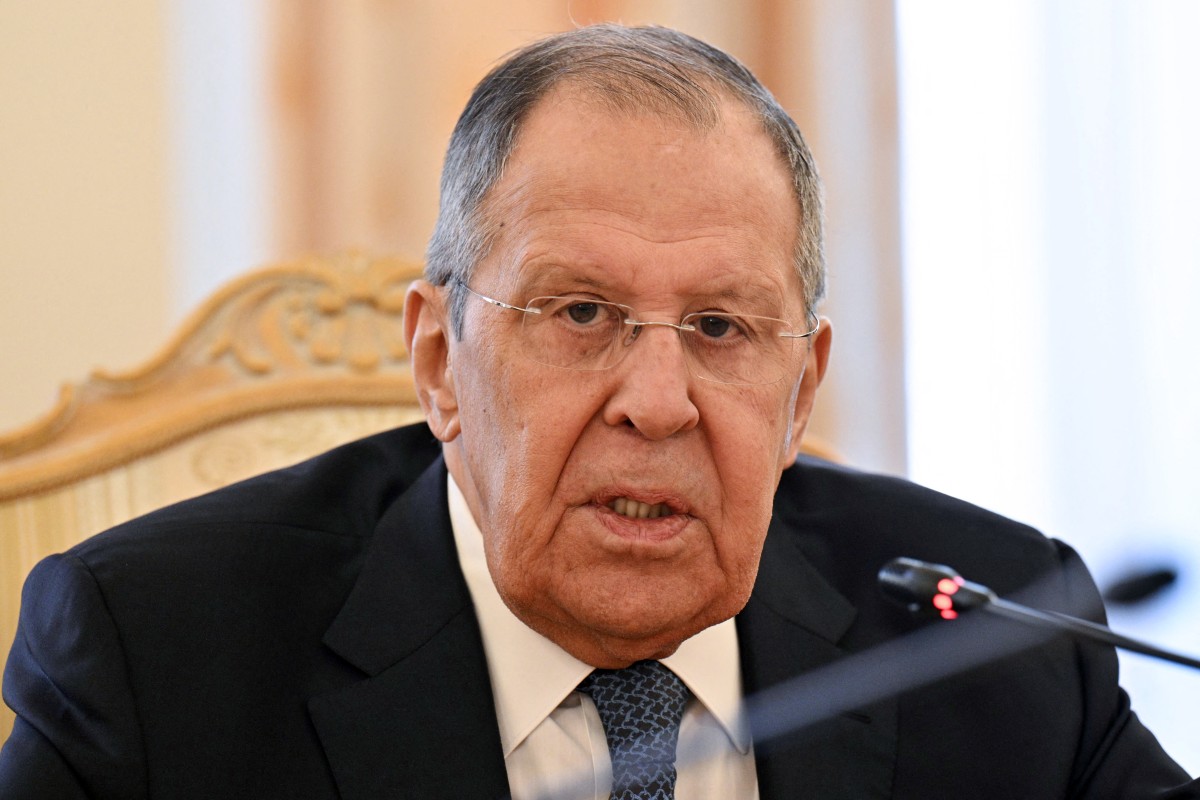
ISLAMABAD: Israel has significantly increased its global arms imports over the past decade, becoming one of the world’s largest importers. Most imports are high-tech systems that are either co-developed or financed through US military aid.
Israel’s volume of arms imports rose from the 34th highest in the world to become the 15th largest between 2020 and 2024, according to the Stockholm International Peace Research Institute (SIPRI).
The country now accounts for 1.9% of global arms imports, with primary sources from the US, Germany, and Italy. While these three countries were main suppliers, other countries, including the UK and France, also provided military components and services.
United States: Primary arms supplier
The US emerged as Israel's most significant arms supplier, accounting for 66% of the country's major arms imports during the 2020-24 period, according to SIPRI. These imports included combat aircraft, guided bombs, and armored vehicles, with 61 combat aircraft pending delivery by the end of 2024.
According to a US Congressional Research Service report in May 2025, the US commitment to Israel's military capabilities extends beyond direct sales, with over $174 billion in bilateral assistance and missile defense funding provided since 1948.
Throughout 2024 and 2025, the US continued substantial military support. Reuters reported that in February 2025, the US State Department approved multiple arms packages, including a $2.04 billion sale of 35,529 2000-pound bombs, a $675.7 million package of nearly 5,000 1000-pound bombs, and a $295 million sale of Caterpillar D9 bulldozers.
US Secretary of State Marco Rubio announced nearly $12 billion in major Foreign Military Sales since the beginning of 2025.
Germany: Second major supplier
Germany ranked as the second-largest arms provider to Israel, accounting for 33% of the country's major arms imports between 2020 and 2024, according to SIPRI. German contributions were predominantly naval, with 81% of transfers consisting of frigates and 10% comprising torpedoes.
The remaining 8.5% included armored vehicle engines.
Following the Hamas attack on October 7, 2023, Germany significantly increased military support. The country's parliament reported granting export licenses for 485 million euros' worth of military equipment between October 7, 2023, and May 13, 2025 — a tenfold increase in arms exports to Israel compared to previous periods, as reported by Reuters.
Italy
Italy contributed the smallest portion of Israel's arms imports, accounting for 1% of major arms transfers between 2020 and 2024, according to SIPRI. Italian imports primarily consisted of light helicopters (59%) and naval guns (41%).
Additional European arms support
United Kingdom
The United Kingdom maintained a complex arms export relationship with Israel. As of July 31, 2025, the UK had 167 non-suspended military export licenses authorizing a maximum export value of £180 million. Of these, 55 listed the government of Israel as the end-user, covering components for trainer aircraft, missile defense systems, and submarines.
The Business and Trade Committee within the House of Commons noted that the UK approved licenses for £127.6 million worth of military equipment to Israel in the fourth quarter of 2024 — exceeding the combined total for 2020-23.
France
France maintained a limited arms relationship with Israel, with no major arms exports since 1998, SIPRI noted. However, the country continued to supply critical components, including parts for Israel's Iron Dome air-defense system. In 2024, French new orders to Israel totaled €27.1 million, primarily consisting of components for re-export or defensive systems.
Private defense contractors
In addition to government-funded sales, several private companies also played central roles in Israel's arms supply chain. Boeing Co. was involved in munitions supply, providing guidance kits and fuses as part of a $6.75 billion military sales package, according to Reuters. Similarly, Lockheed Martin secured a $660 million missile deal for Hellfire Missiles.
Israeli defense contractors have also played a crucial role in developing the country’s military capabilities. Elbit Systems reported revenues of $1.63 billion in the second quarter of 2024, with 27% of sales originating from Israel and an order backlog of $21.1 billion. Reuters noted the company has been developing advanced technologies, including unmanned aerial vehicles, communication systems, and AI capabilities, with approximately 40 subsidiaries worldwide.
Despite its advanced domestic defense industry, Israel continues to rely heavily on imports to project power beyond its borders in ways that punish, control, or weaken neighboring states and non-state actors rather than only defend its territory.
Large-scale arms transfer and military aid have enabled these operations, fueling criticisms that military superiority is being used to impose strategic outcomes across the Middle East.
Latest News
South Africa thrash West Indies in T20 World Cup statement win
3 HOURS AGO

Nearly 8,000 died or vanished on migrant routes in 2025: UN
4 HOURS AGO

Russian says 'no deadlines' to end Ukraine war
5 HOURS AGO

Merz says Germany, China must overcome trade gaps 'together'
7 HOURS AGO

Pakistani, European ministers agree on coordinated strategy to combat illegal migration
7 HOURS AGO
